End-Month news March 2025
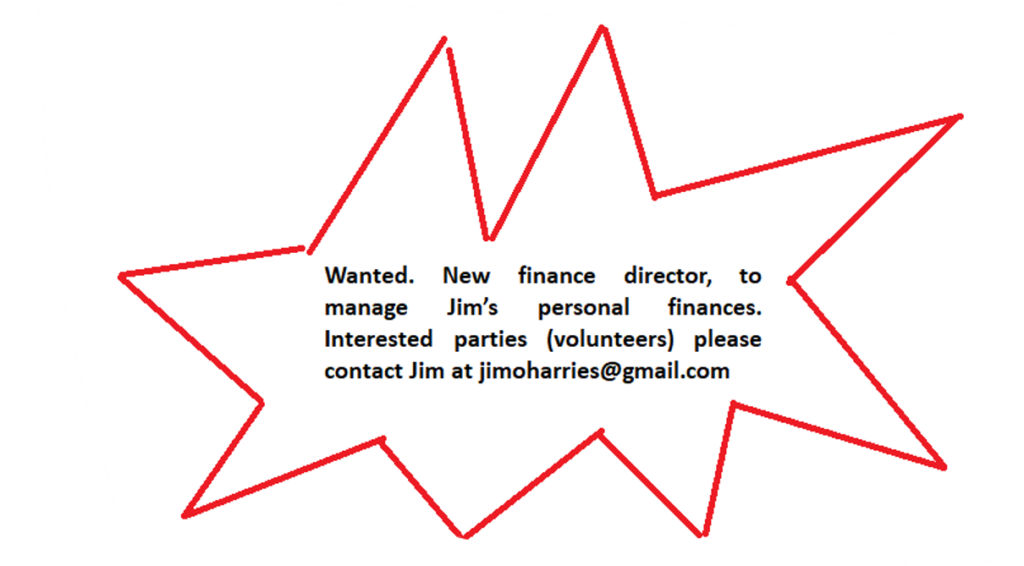
Dear Friends,
Snow?!

I was amazed, and am still puzzled, by something I saw from my bus, as I travelled to Nairobi from my home, on 11th March. I took a picture through the windows of the bus, of what seemed very clearly to be a snowy scene! This was far from any of Kenya’s major mountains, although we were quite high. It definitely looks like snow!
Dangerous Roads
I walked up the Ngong road in Nairobi, just a few hours after this unfortunate death of a British man: https://www.bbc.com/news/articles/c5y05p07gdjo Kenyan roads do strike me as being particularly dangerous places. Even the police are rarely concerned as to whether drivers keep to the rules of the road. Motorcycles seem to me to be the greatest hazard. They will travel on either side of the road, on pedestrian paths, anywhere and everywhere, often far too quickly, cutting into any space they consider to be ‘free’, including spaces you may be about to walk in to.
Conference at AIU (Africa International University)
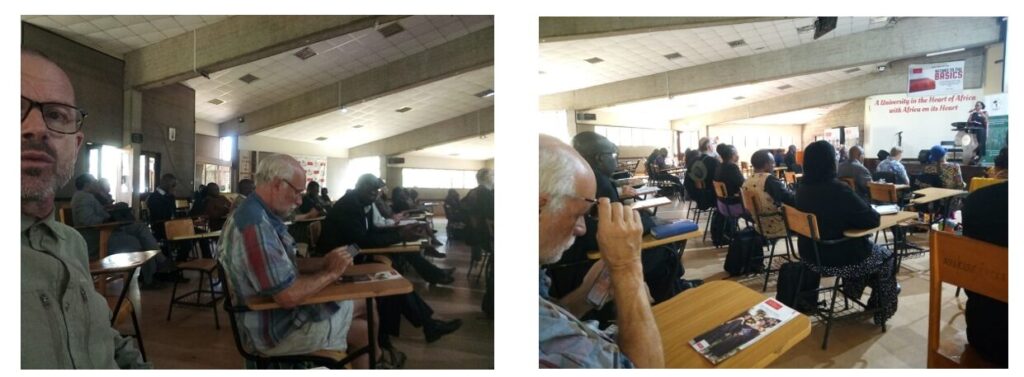
Myself and a German friend who was visiting me, managed to make a showing at a conference at a university in Nairobi, looking at eschatology for the African church.
Immigration
The good news is, that I have received a work permit for my ministry in Kenya to cover me for the next three years. I am very grateful for this. (I waited a week to complete the needed process or my important Kenyan id card … which process failed. I hope to come back to Nairobi and get it in a month or two.)
Pastoral Visiting amongst the Akamba people
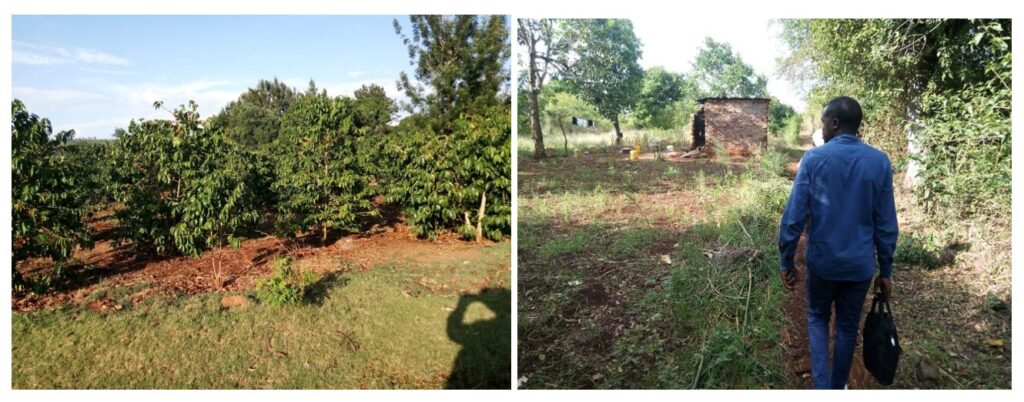
Left, coffee plants, that I found to be very common in this part of Kenya. Right, my colleague with whom we made pastoral visits.
Having to stay in Nairobi to complete the process of acquisition of my work permit, gave me opportunity to visit a Coptic church 60 km East of the city. I was able to participate in the Sunday service, and visit some parishioners on the Monday.
Work Amongst Prostitutes
This is my second visit to this Coptic mission, which has a strong focus on reaching out to prostitutes. This time, even on my first day, I have been able to see and understand much more clearly what is going on.
Our ministry consisted in the four of us, an Egyptian man, a Kenyan man, a Kenyan woman, and myself, sharing God’s word with prostitutes who were waiting for customers. We had to avoid ‘business premises’, like places at which we could be visible in bars, so as not to upset business owners. Wherever two or three prostitutes were hanging around, we stopped to talk to them. Sometimes one or two just walked off. Frequently, one or two would join us in addition. If a man who walked past beckoned to one of the girls, she would go with him.
The Coptic church has been doing this ministry of outreach to prostitutes for a long time (a couple of years, since the mission was established in this location). Hence many of the girls know them. Some who initially were very antagonistic, have cooled, I am told. Being the visitor and the Swahili speaker, it fell on me to share the Gospel messages on this day. The girls, and sometimes one or two fellas who also listened in, seemed attentive. (On one occasion, we spoke to a group of 7 or so men, presumably ‘customers’ to the girls.) When I was done, the Kenyan woman with us would invite the girls to a gathering of singing, prayer, and teaching to be held at the church, every Friday afternoon. The church is about ½ mile from the centre of the red-light district, alongside the same main road.
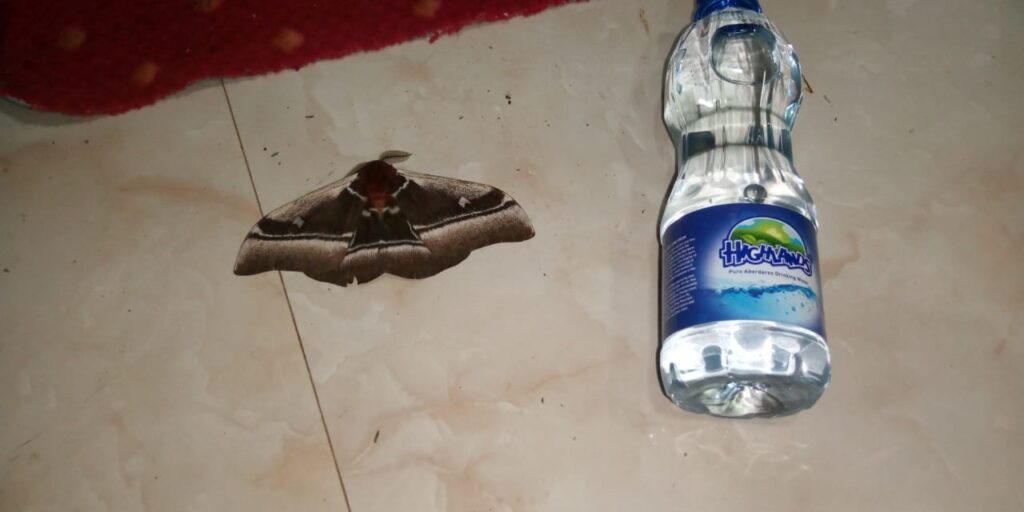
A large moth (next to a half-litre water bottle) that was waiting for me outside my room the other night.
Walking around, there was a constantly lingering smell of alcohol. Scantily-dressed girls hung about, typically at the door to a lodging area, making it easy for a man to beckon to them. Then they would follow them in and the girl would take the man to her room, I was told. Things were rough – many dirt floors, bricks and rubble lying around, like no one really cared. Most people were busy hanging around or sauntering around. Apart from the interspersed small shops, and a few builders making repairs and renovations, no one seemed to be working.
My impression was, that this was a ministry the Copts were picking up, that others weren’t doing. ‘In other churches, if the girls show up, they are ordered to repent’, I was told. That makes sense – to have a working prostitute regularly attend your church could lead others astray, and indeed they should repent. Insistence on repentance in this way may also be an impact of the prosperity Gospel. An outcome; some might conceal rather than leave their sin. The Coptic church makes provision, like limited offers of employment, for girls who leave the brothel work. (I imagine that various of the girls converted in the Coptic church might in due course go to other churches, that are African run, in which they could feel more at home.) It was a bit like, the foreign mission was doing the front-line work. (Some might ask about money. Those attending a midweek meeting at the Coptic church might get a free meal. Money is used to build the business premises at which girls might be employed, and so on.)
Orthodox Mission, and Vulnerable Mission
My participation in the Orthodox church, could add a new leaf to my book on vulnerable mission! Ironically, unlike in much of my work, I can be in relatively well-too-do situations and contexts. Successful hospital business results in funds being available to the hierarchy of the churches I am working with. This orthodox church is not ‘poor’.
This does not, it seems to me, render vulnerable mission impossible, or even difficult. The principles of vulnerable mission suggest that a missionary not use outside languages or resources in their ministry. It does not say that they should not benefit-from outside languages or resources used by others. The latter would be very difficult or impossible in African contexts that are heavily subsidised and in which European languages are prominent. If the resources used are not brought in by a particular missionary, and the missionary does not in any significant way influence the inflow of resources, then providing they use African language(s), they are still doing vulnerable mission even in contexts in which many outside resources are being used. There may thus be very little correlation between the practice of ‘vulnerable mission’ and overall use of outside resources in ministry. The key issue, is the authority of the missionary concerned with respect to the inflow of resources. If a missionary does not significantly influence the direction or size of the flow of funds, they are still doing vulnerable mission.

One of the baby rabbits at my home
For all the problems these days associated with the work of white missionaries in black Africa, white missionaries may still be considered more trustworthy by donors than are locals. Western people’s materialist worldview can also result in their ways of working being more productive than those of Africans. This can happen in many ways, I can illustrate it in two:
- Western missionaries’ lower belief in causation arising from ghosts (spirits of the dead) contributes to their being content to spend much less time at funerals than African colleagues. Thus more time and resources are made available for ministry with the living.
- Western missionaries coming from places in which mathematics is core to life, can work efficiently, where Africans would rather ensure doing things in traditional ways to bring prosperity by pleasing their dead.
These kinds of mechanisms can result in people further up the hierarchy diverting more funds into ministries in which people of European origin are involved. I suggest that this in itself does not violate guidelines provided by vulnerable mission.
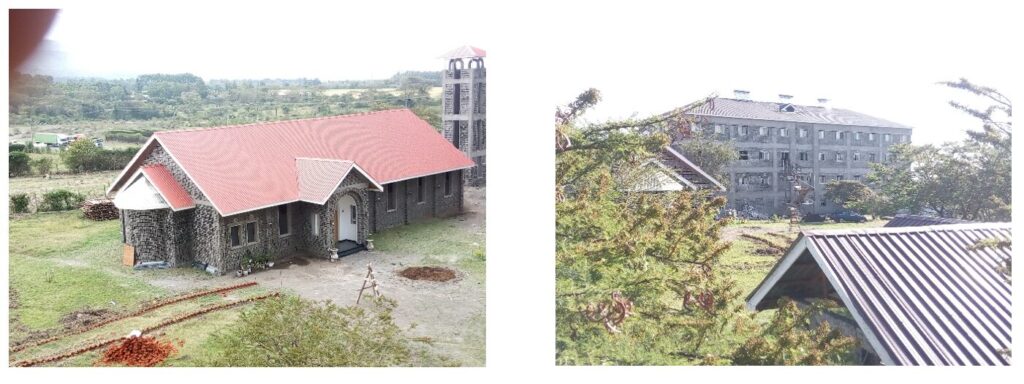
Left, the new church at the Coptic mission that focuses a lot on outreach to prostitutes. Right, the hospital on the same site.
To participate in a discussion on African Mission’s Translation Debacle, go here:
https://www.academia.edu/s/001d32bcbc?source=link
Yours,
Jim

